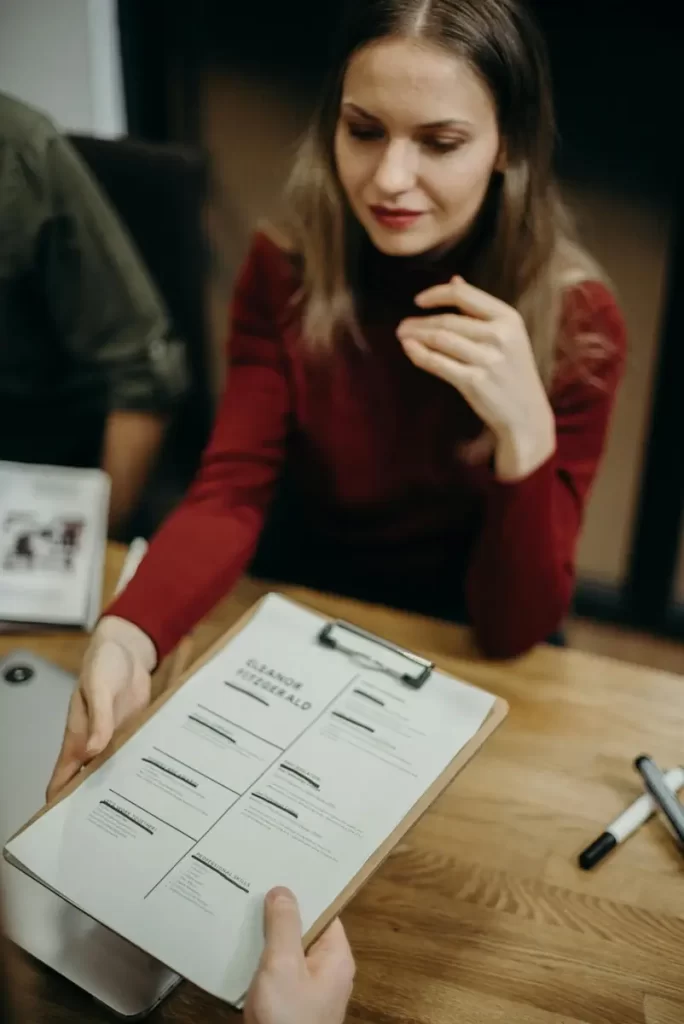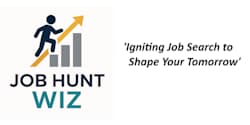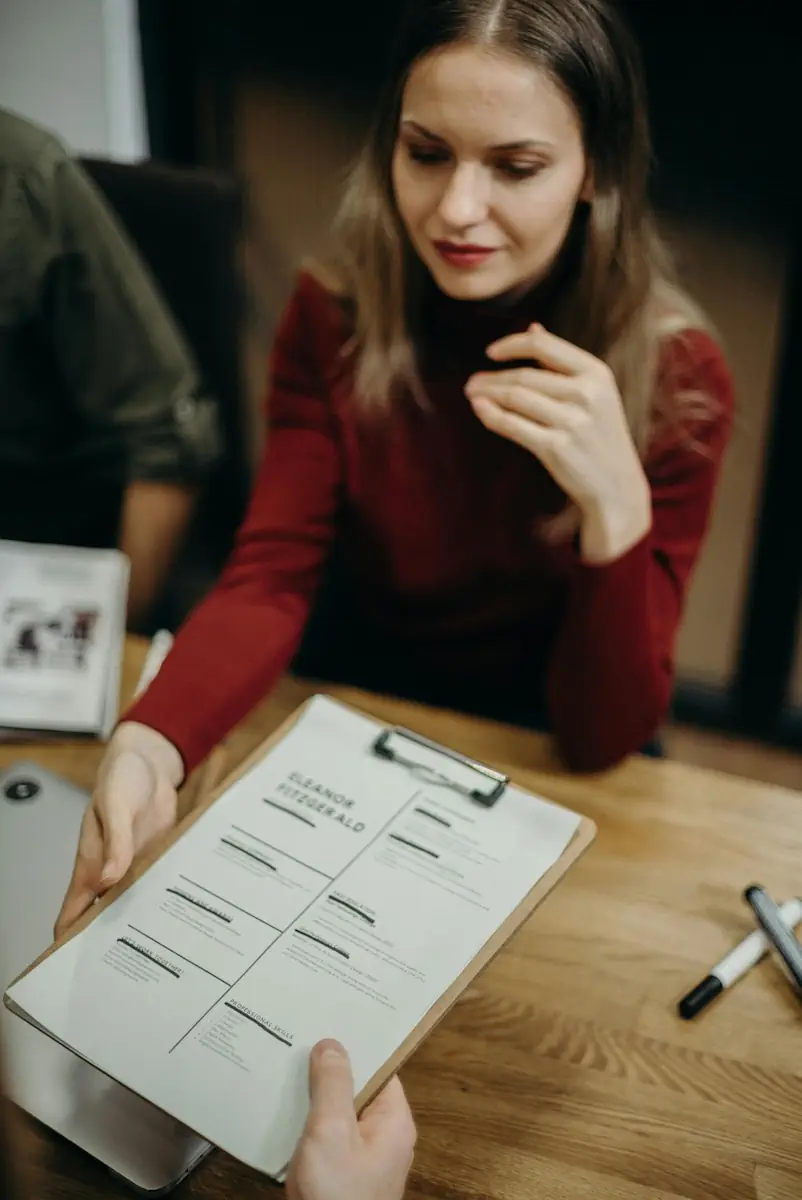Best Practices for Panel Interviews: How to Prepare and Succeed
Panel interviews can be intimidating—but with the right preparation, they can also be a powerful opportunity to showcase your skills, confidence, and professionalism. Unlike a traditional one-on-one interview, a panel interview involves multiple interviewers evaluating you at the same time. This format is often used for roles that require collaboration, leadership, or cross-functional work.
In this article, we’ll explore what panel interviews are, why companies use them, and the best practices to help you succeed.
What Is a Panel Interview?
A panel interview is a job interview conducted by two or more people simultaneously. The panel may include:
- A hiring manager
- A team lead or future colleague
- An HR representative
- Executives or cross-departmental stakeholders
Each panelist may ask different questions based on their perspective, allowing the company to gather a more well-rounded view of you as a candidate.
Why Companies Use Panel Interviews
- Efficiency: Multiple team members can assess you in one session.
- Collaboration Check: Evaluates how you interact with diverse personalities.
- Consistency: Ensures a fairer and more standardized evaluation process.
- Decision-Making Insight: Helps teams quickly reach a consensus about a candidate.
Here are a list of best Practices for Preparing for Panel Interviews
1. Best Practices for Panel Interviews: Research Each Interviewer
If you know who will be on the panel, look them up on LinkedIn or the company website. Understand their roles, backgrounds, and interests so you can tailor your responses accordingly.
Tip: Mention something relevant you noticed about a panelist’s background to create rapport.
2. Best Practices for Panel Interviews: Practice Strong Introductions
Begin by greeting each panelist individually, making eye contact, and remembering names. First impressions matter, especially when you’re addressing a group.
“It’s great to meet you, [Name]. I’ve read about your work on [Project/Department]—very impressive.”
3.Best Practices for Panel Interviews: Engage the Whole Panel
While answering questions, avoid focusing on just one interviewer. Make brief eye contact with each panelist to involve them in the conversation.
- Start your response by looking at the person who asked the question.
- Then shift your gaze to others to show you’re addressing the group.
4. Stay Calm and Confident
Multiple people watching and evaluating you at once can feel overwhelming. Take a breath, pause before responding, and maintain confident body language.
Remember: You’re being evaluated not just on what you say, but how you handle pressure.

5. Prepare for Varied Question Styles
Each panelist may bring a different perspective:
- HR may ask behavioral or cultural fit questions.
- A technical lead may focus on problem-solving or skills.
- A future colleague might ask how you work in teams.
Be ready for a range of questions and adjust your tone and language accordingly.
6. Bring Multiple Copies of Your Resume
Even in a digital age, it’s wise to bring extra printed resumes. Distribute them at the beginning if appropriate—it shows forethought and professionalism.
7. Ask Questions for the Group
At the end, you’ll likely be invited to ask questions. Address your questions to the panel, or to specific individuals based on their roles.
Examples:
- “What does collaboration look like across your departments?”
- “How do your teams typically handle cross-functional projects?”
8. Send a Group Thank-You Note
After the interview, send a thank-you email within 24 hours. You can address it to the panel collectively or send individual notes if you had significant interaction with each. In terms of best practices for panel interviews, this one offers the most bang for the buck because it is often overlooked. Doing a thank you can make you stand above others if the competition is close.
Example: “Thank you all for your time today. I appreciated learning more about the team and how you work together. I’m excited about the opportunity to contribute.”
Final Thoughts
Panel interviews don’t have to be intimidating. By preparing strategically and engaging thoughtfully, you can make a strong impression on every member of the panel. Remember: they’re not just evaluating your qualifications—they’re also assessing how you communicate, collaborate, and connect with a group.







